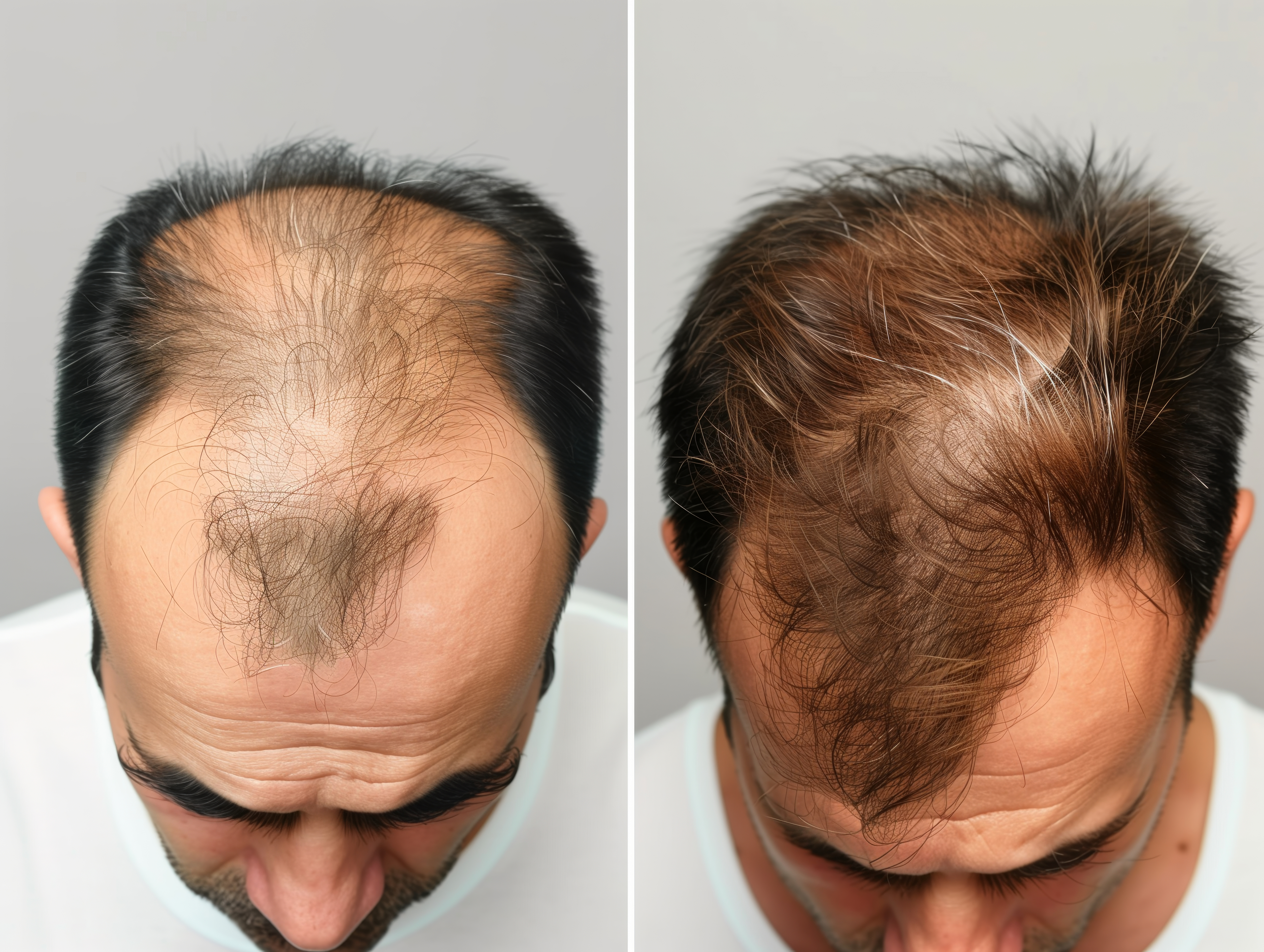When considering dental implants, most people focus on bone density and overall oral health. However, there's one critical factor that often gets overlooked: the health of the gums. Periodontosis, a chronic condition that weakens the supporting structures of teeth, can have a profound impact on how well implants integrate and last over time.
I’ve spent years researching and writing about dental health, and I’ve seen firsthand how gum conditions affect long-term treatment outcomes. If you're thinking about getting implants, understanding the role of gum disease is essential.
What Is Periodontosis, and How Does It Differ from Periodontitis?
Many people assume periodontosis and periodontitis are interchangeable terms, but they refer to different conditions. Periodontitis is an inflammatory disease caused by bacterial infections, leading to swollen, bleeding gums and eventual bone loss. Periodontosis, on the other hand, progresses without significant inflammation or infection, silently weakening the structures that hold teeth in place.
Because it doesn’t present the typical warning signs like pain or swelling, periodontosis often goes undetected until the damage is severe. This silent progression makes it particularly dangerous for those considering dental implants.
Why Healthy Gums Matter for Implant Success
Dental implants rely on strong bone and healthy gums for stability. When the tissues supporting the teeth are compromised, the foundation for implants weakens, increasing the risk of failure.
Here’s how periodontosis can disrupt the process:
- Weakened Tissue Support – Implants need a strong, stable base to integrate properly. If gum tissue is deteriorating, it becomes harder for implants to stay secure.
- Bone Loss Acceleration – While implants are placed in the jawbone, the surrounding soft tissue plays a role in maintaining bone density. When periodontosis is present, the underlying bone may shrink faster, leading to implant instability.
- Reduced Blood Supply – Healthy circulation is key to healing after implant placement. Gum conditions that affect blood flow can slow down recovery and increase the risk of complications.
- Higher Risk of Peri-Implantitis – This is a condition similar to periodontitis but occurs around implants instead of natural teeth. Once periodontosis has damaged the gum structure, it becomes easier for bacteria to invade, leading to infection and possible implant failure.
Can You Get Dental Implants if You Have Periodontosis?
The short answer: it depends. While periodontosis presents challenges, it doesn’t necessarily mean implants are out of the question. The key lies in early diagnosis and proper treatment before moving forward with the procedure.
A skilled dental specialist will evaluate gum and bone health before determining whether implants are a viable option. In some cases, additional procedures like bone grafts or soft tissue regeneration may be necessary to create a more stable environment for implants.
Preventing Implant Failure: What You Can Do
If you’re considering implants and have concerns about gum health, there are steps you can take to improve your chances of success:
- Schedule a Comprehensive Evaluation – A detailed assessment of your gums and jawbone will reveal any underlying issues that need to be addressed before getting implants.
- Maintain Excellent Oral Hygiene – Daily brushing, flossing, and professional cleanings can help keep your gums in top condition.
- Address Periodontosis Early – Treatments like tissue therapy, specialized cleanings, and lifestyle changes can slow progression and create a more suitable environment for implants.
- Choose an Experienced Specialist – Working with a dental professional who has expertise in both periodontosis and implantology increases the likelihood of long-term success.
Dental implants have transformed modern dentistry, offering a lasting solution for missing teeth. But without healthy gums, even the most advanced procedures can fail. Periodontosis is a condition that often flies under the radar, but its impact on implant success is significant. By addressing gum health early, you can increase your chances of a strong, stable, and long-lasting smile.
If you’re considering implants, don’t overlook the role of your gums. A proactive approach now can save you from complications later, ensuring your investment in dental health truly lasts.






Comments
📇 We Send A Gift From Binance. Get => Https://Telegra.Ph/Binance Support 02 18?Hs=2df6879242ce3d41576068b359275a79& 📇
2025-03-06vbu142
Add Comment